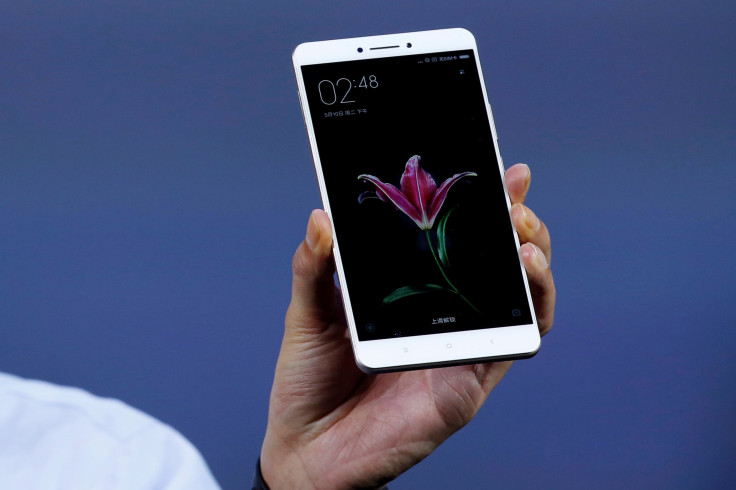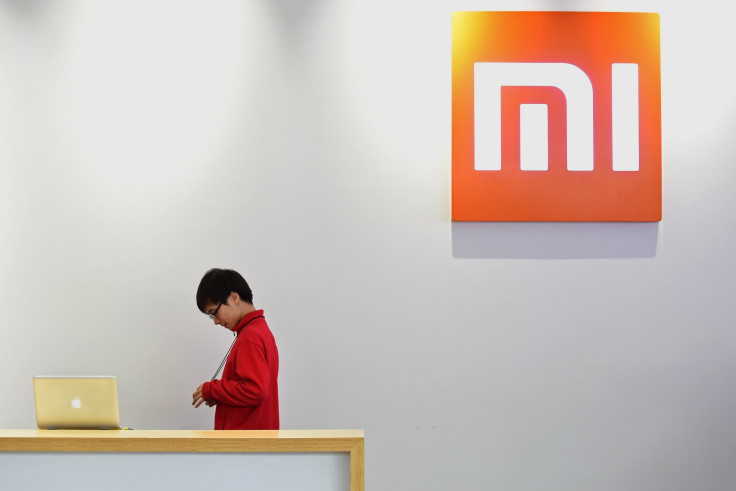Xiaomi Buys 1,500 Patents From Microsoft To Aid Global Expansion

Xiaomi has signed a deal with Microsoft to acquire 1,500 patents in exchange for bundling Skype and Office apps on its smartphones and tablets, as the Chinese company seeks a way to expand its products into Western markets.
The deal, which also includes a cross-licensing agreement, could hasten the launch of Xiaomi smartphones in markets such as Western Europe and North America where it is believed that a lack of a robust mobile patent portfolio is the major factor in preventing a more global launch.
The patents Xiaomi has acquired cover wireless communications, video, cloud and multimedia technologies, and come six months after the Chinese company signed a patent-licensing deal with U.S. chipmaker Qualcomm covering 3G and 4G technologies.

Xiaomi currently sells its smartphones in only a handful of countries, of which China is its biggest market. In India, its second-biggest market, Xiaomi has struggled to compete against dominant player Samsung and local manufacturers that can take advantage of government subsidies available through the "Make in India" program.
Xiaomi has also experienced legal issues in India when Ericsson sued the company for illegal use of one of its patents, highlighting the problems Xiaomi may have entering markets where patent protections are stronger.
The company, valued at $45 billion 18 months ago, had a weak 2015 and is now seeking to find alternative sources of income. In addition to potentially selling its smartphones in more countries, the company is focusing on its ecosystem of smart devices, with aims to double revenue from this division in 2016.
Based on the valuation from the beginning of 2015, Xiaomi is the world’s second-most valuable startup but it is struggling to match the unprecedented growth it saw in previous years, as a slowing smartphone market, increased competition and an inability to expand beyond its current markets saw it miss sales and revenue targets in the last 12 months.
From Microsoft’s perspective, the move makes sense as it allows it to continue its push to put its software on as many devices as possible. While the company is still nominally making smartphones, it has all but given up on acquiring a significant market share with Windows 10 Mobile, and is therefore seeking to generate revenue by selling its software on other platforms.
“Microsoft is using its IP portfolio as a leverage to rope in Xiaomi as a potential partner to empower the next millions of Xiaomi users,” Neil Shah, a researcher at Counterpoint Research, told International Business Times.
According to figures from Counterpoint Research, Xiaomi was the world’s fourth-biggest smartphone maker in the first quarter of 2016 with 14.5 million smartphones shipped, giving it a 4 percent market share. During that period, it also launched the Mi 5, its 2016 flagship model, at the Mobile World Congress in Barcelona, marking a significant step for the company in promoting its brand outside its main territories.
Last month, the company took part in Google’s annual developer conference in San Francisco, launching a new version of its set-top box that will go on sale later this year in the United States.
“We are excited to be working closely with Microsoft on a broad technology collaboration partnership,” Xiang Wang, senior vice president at Xiaomi, said in a statement. “As demonstrated by this agreement with Microsoft, Xiaomi is looking to build sustainable, long-term partnerships with global technology leaders, with the ultimate goal of bringing the best user experience to our Mi fans.”
© Copyright IBTimes 2025. All rights reserved.




















